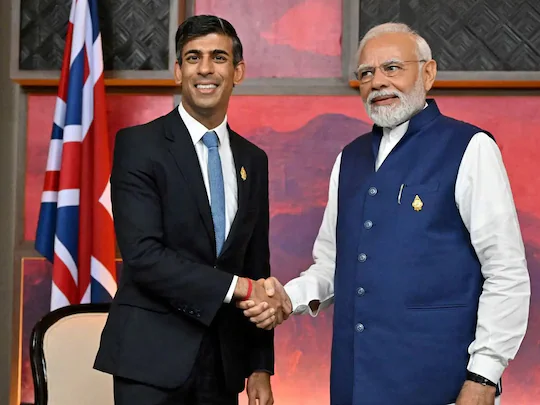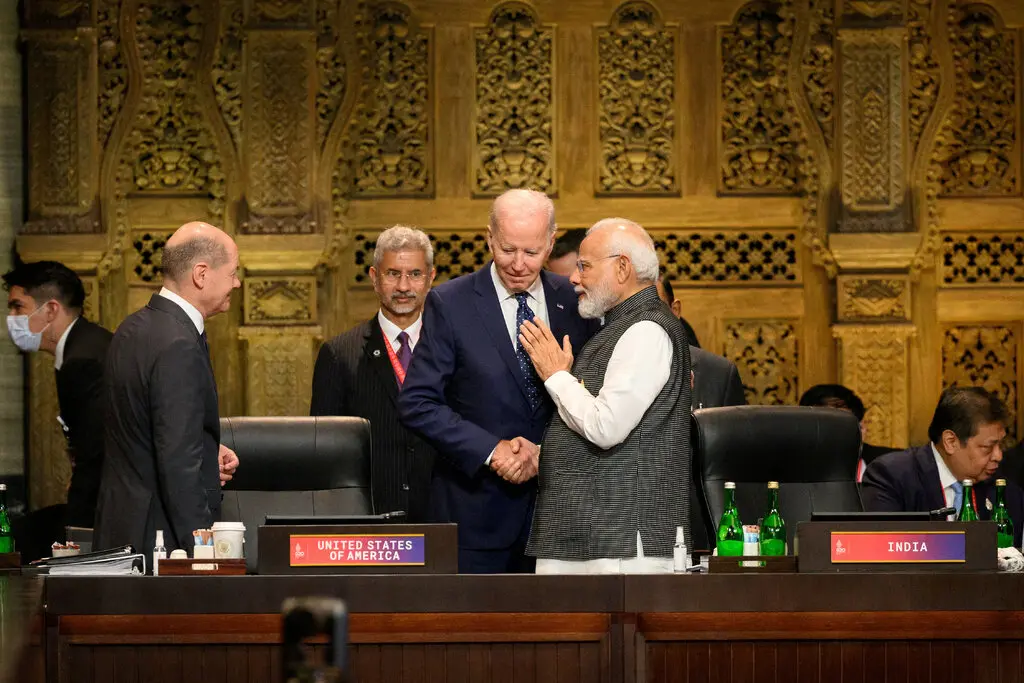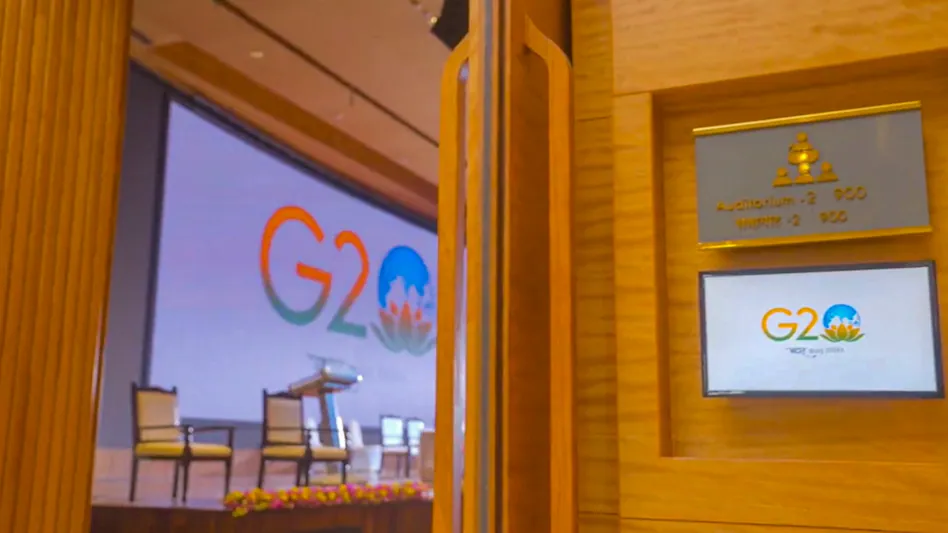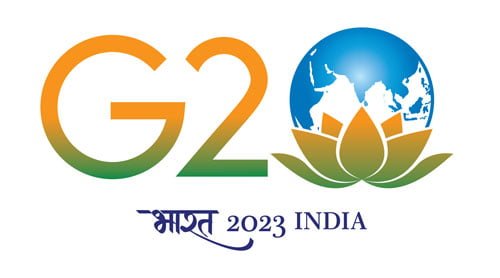G-20 Leaders Gather at Rajghat to Pay Homage to Mahatma Gandhi
G-20 leaders, including United Nations Secretary General António Guterres and IMF head Kristalina Georgieva, assembled at a rain-soaked Rajghat in New Delhi today to pay their respects to Mahatma Gandhi. The solemn occasion saw Prime Minister Narendra Modi extending a warm welcome to the dignitaries, setting the stage for aContinue Reading





